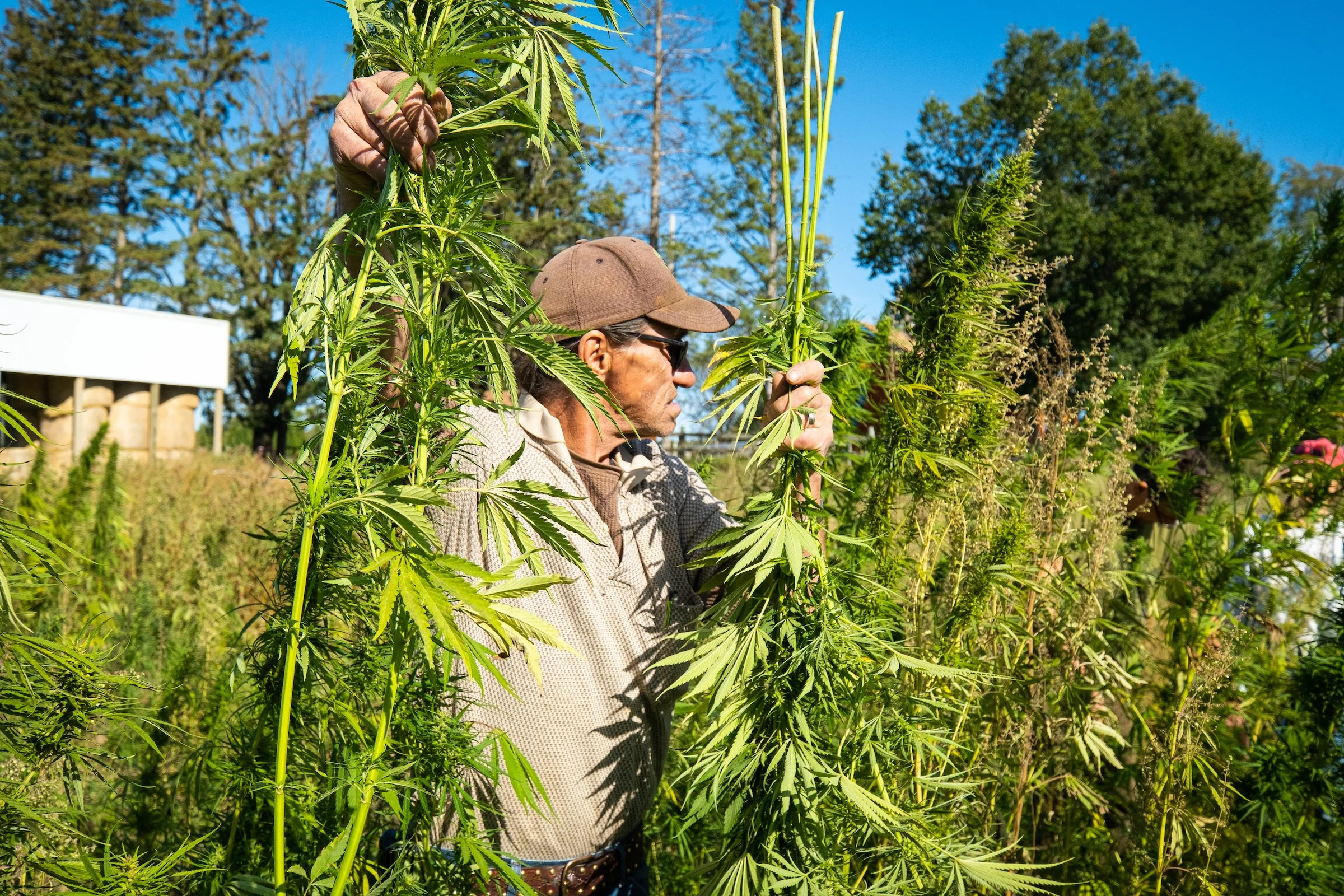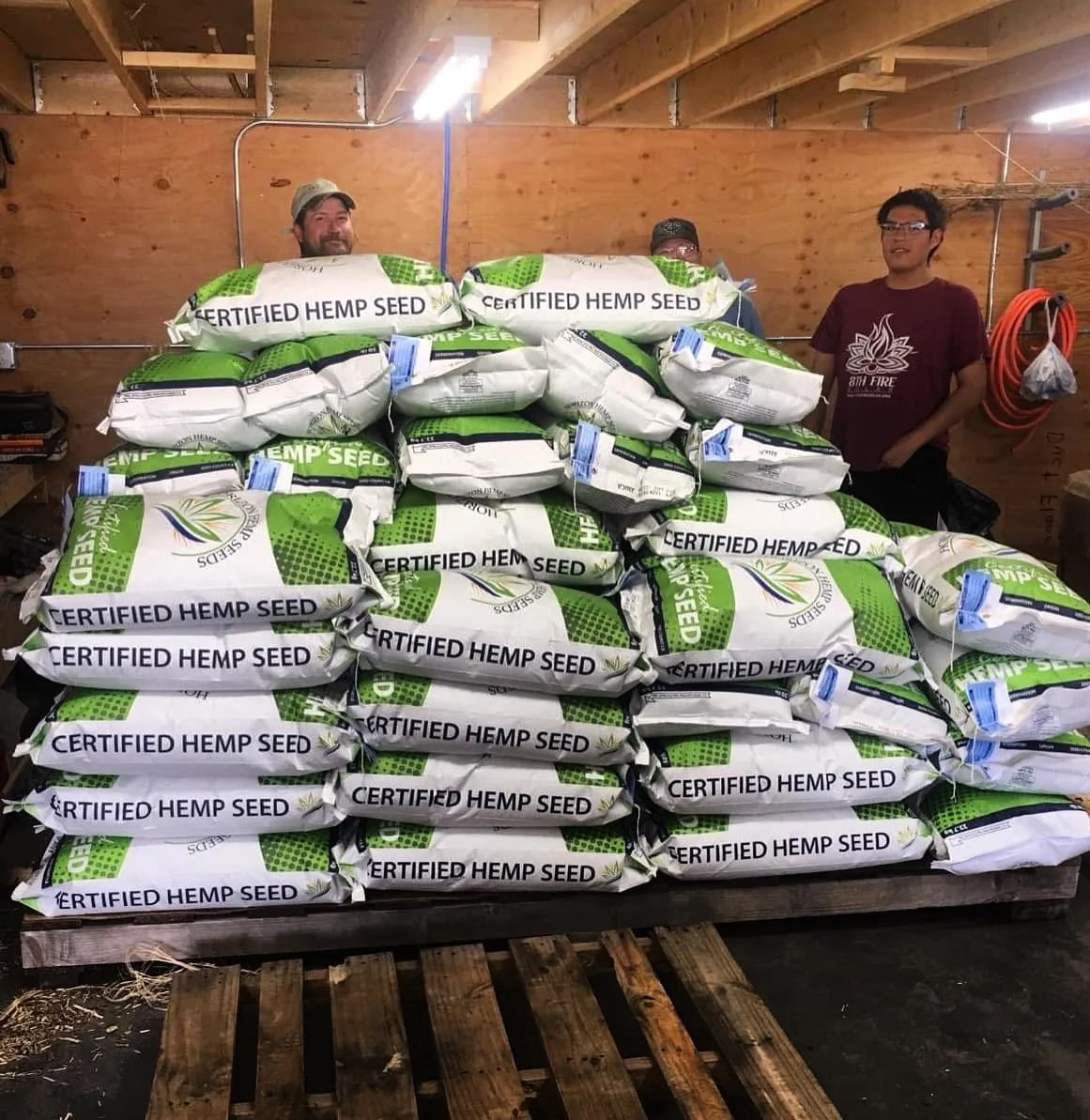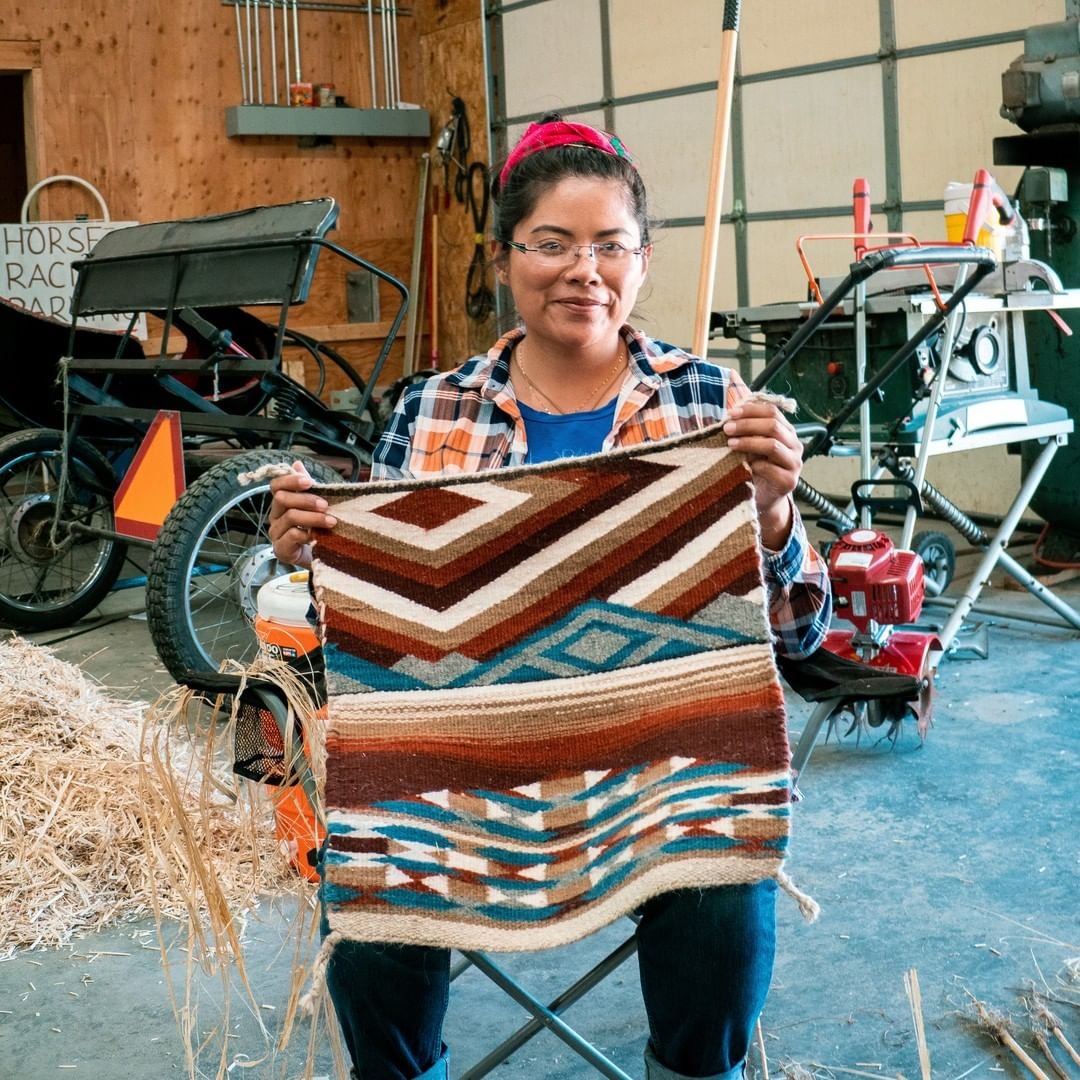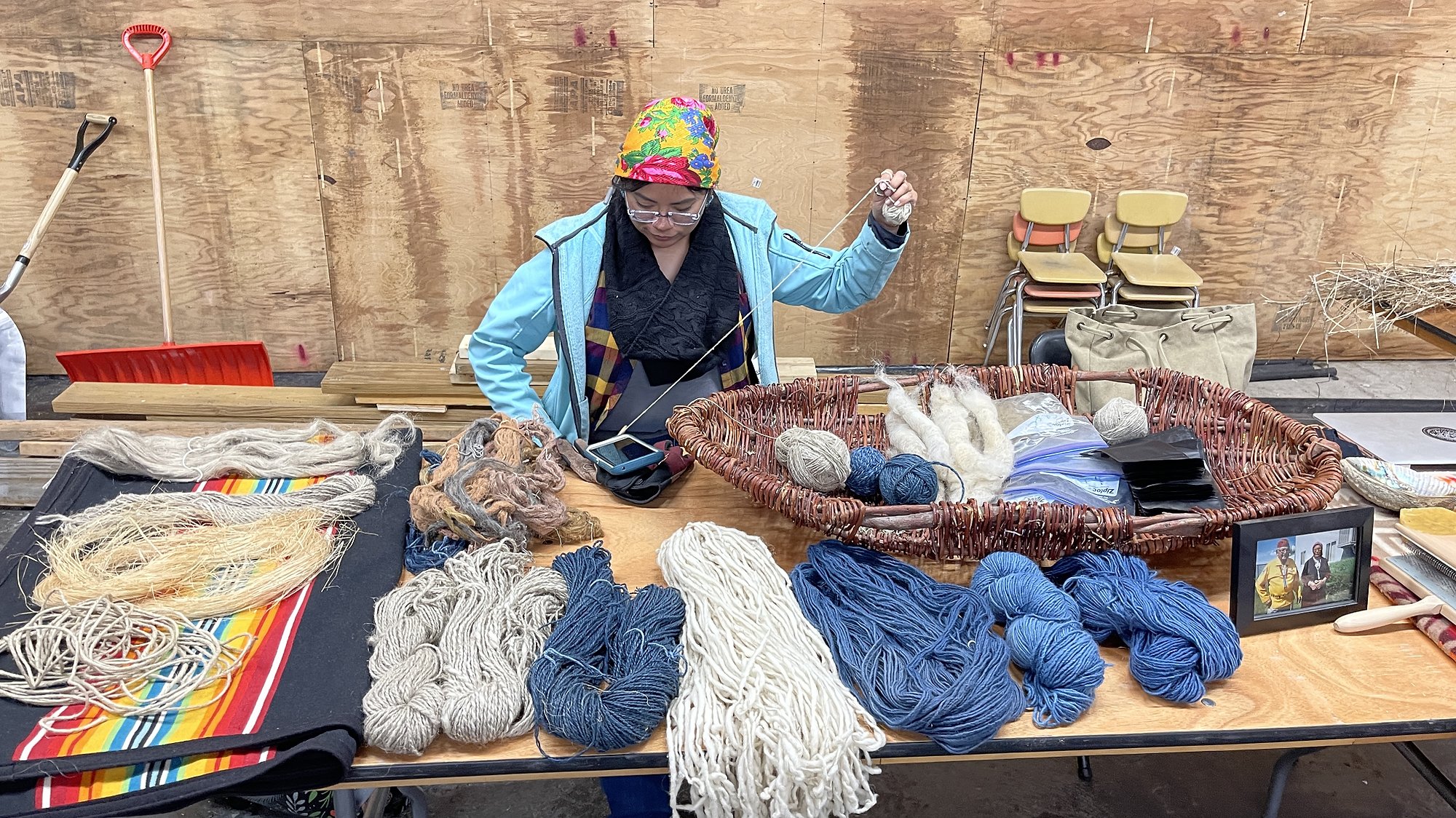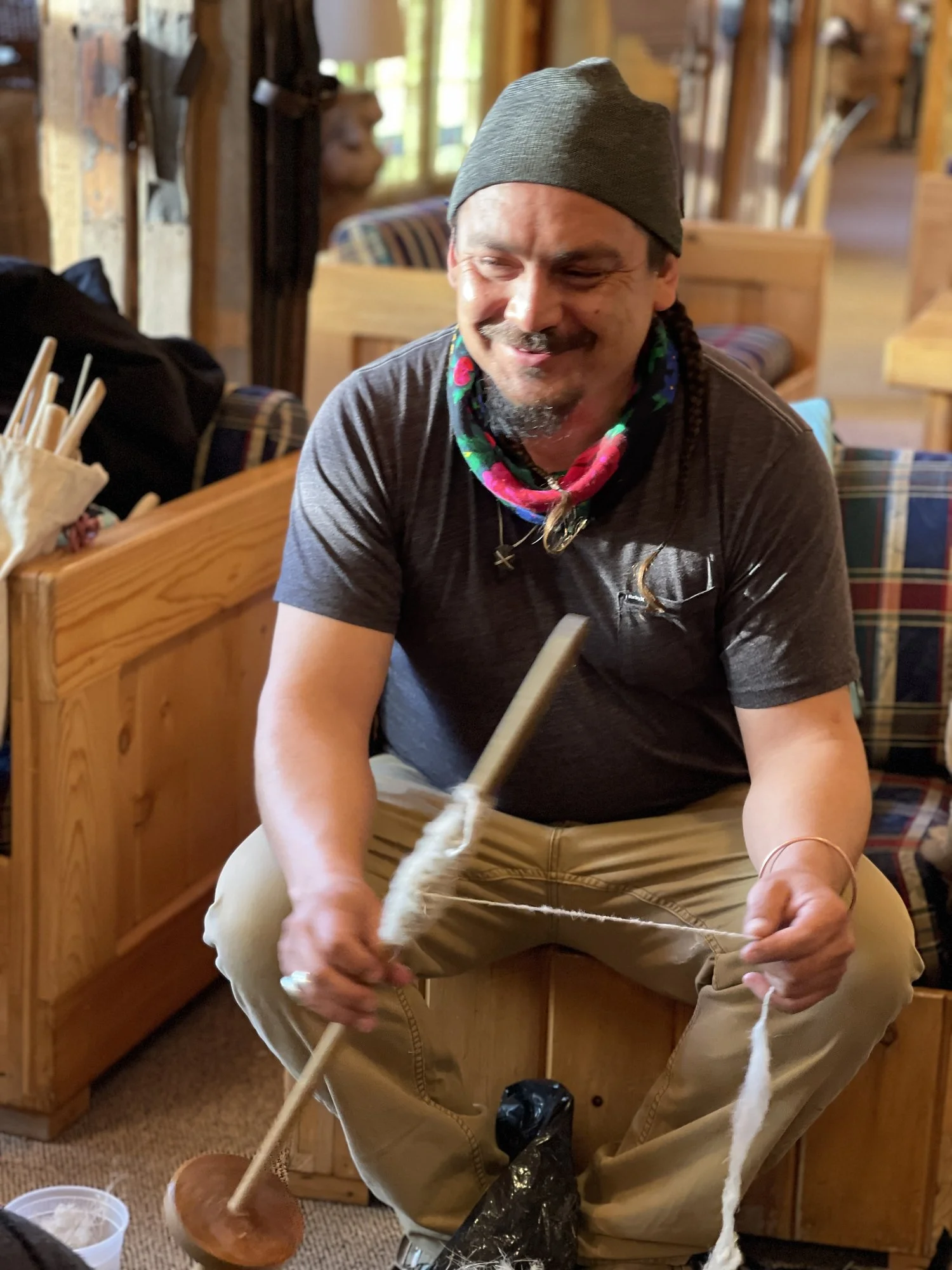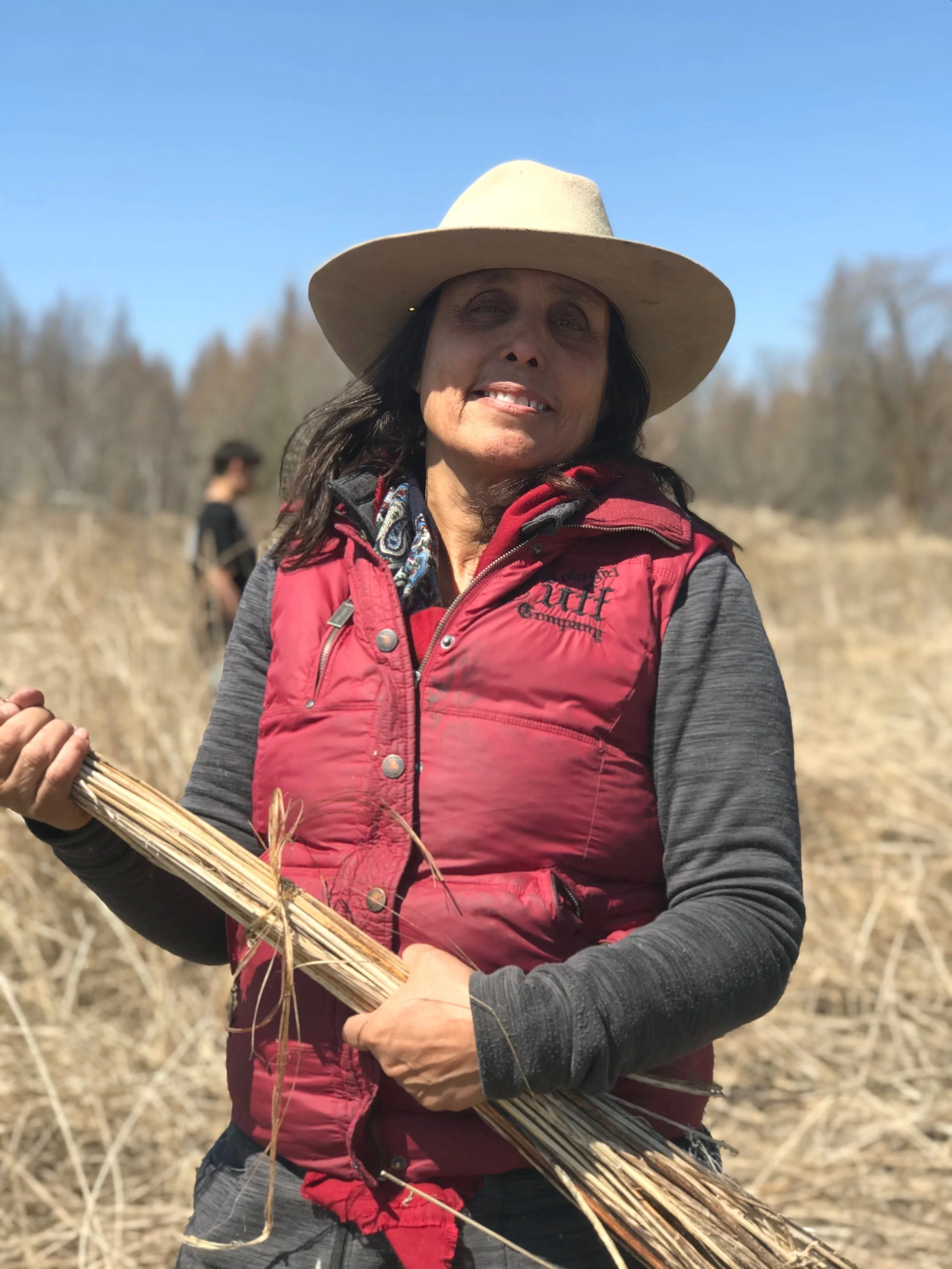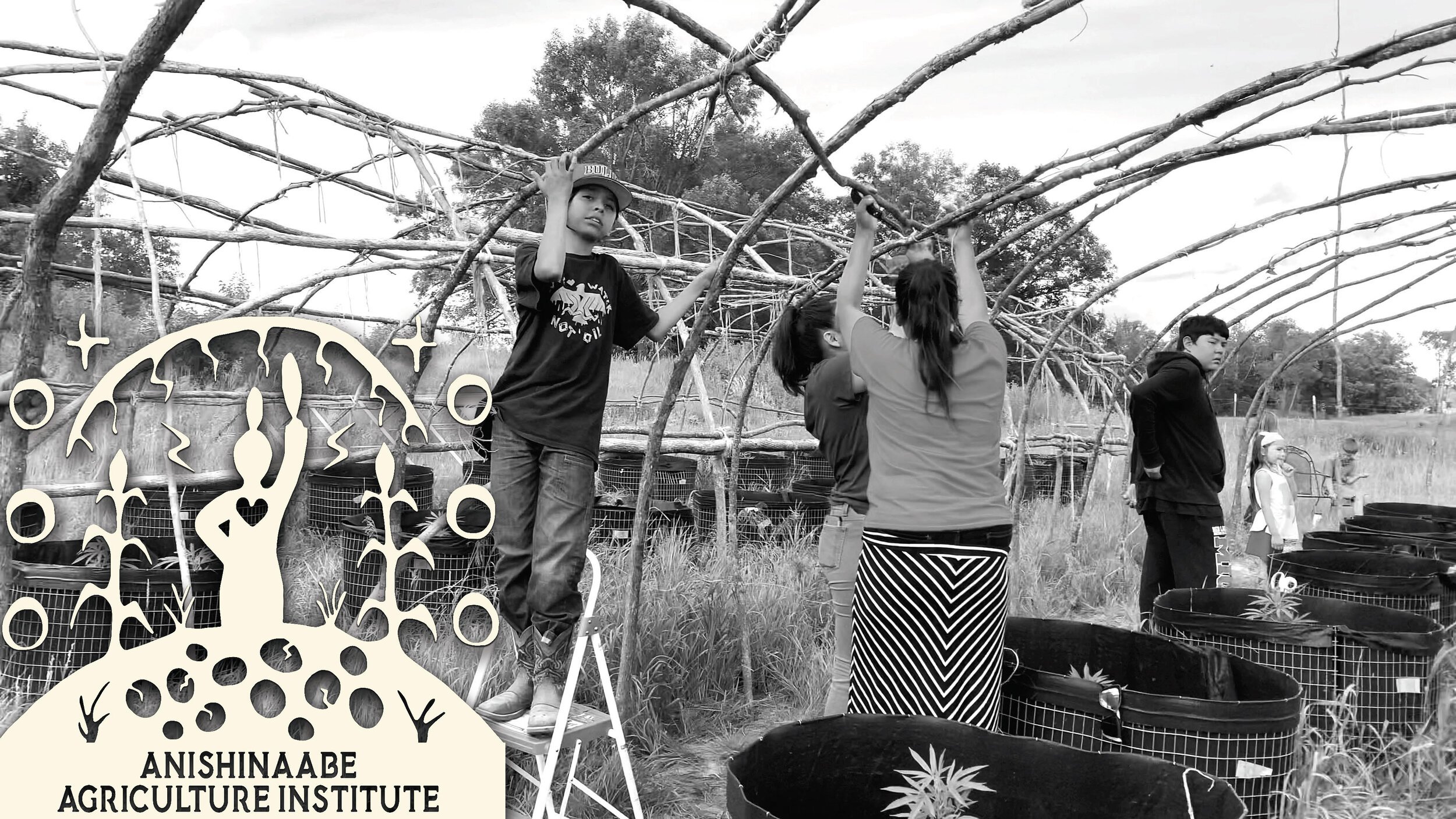The Cooperative
The Indigenous Hemp and Cannabis Farmers Cooperative was created in 2022, to support the development of seeds, Indigenous standards, cultivation, value added processing, appropriate technologies and fair-trade markets. We are interested in serving farmers, and ensuring tribal participation in the hemp and cannabis market, as well as the benefits to come to the plant and the community.
Our journey started on the White Earth Reservation, collaborating with farmers from the local community. Over the past 8 years, we have cultivated fiber hemp with the necessary state and federal permits.
We aim to cultivate seed varieties that can be tended to by Native farmers and explore suitable technologies and markets for fiber hemp. This plant holds great importance due to its ability to restore soil health and capture carbon. We collaborate with farmers residing on the Sisseton and Navajo Reservations.
Our partner farms in this work are located in Cubero, New Mexico. Here, Diné farmers are diligently working with hemp to restore lands that have been affected by radiation and fossil fuel contamination. Their efforts aim to create a restoration economy by implementing value-added processing of hemp and establishing a hemp wool economy. We also collaborate with farmers in Dakota territories who cultivate hemp. Our goal over the next two years is to assist tribal hemp farmers in expanding their operations and developing value-added fiber, green building materials, and textiles.
We are committed to advocating for the legalization of marijuana and ensuring that customers have access to this plant for their health and well-being. We strongly advocate for the availability of permits, seeds, and the opportunity for farmers and gardeners to supply exceptional cannabis to our families and customers seeking top-notch products.

The New Green Revolution
Hosted by Winona’s Hemp & Heritage Farm, and Anishinaabe Agriculture Institute, the 5th Annual Indigenous Hemp Conference is on March 1st + 2nd, 2022. Please save the date and join us. Hemp Conference Details: join us for a day of learning, networking, and workshopping. Local and regional hemp experts will join us to discuss the possible roles hemp can for tribal economies.
Topics will include: Cultivation and varieties, Refining, Products, with a focus on: Rope + Paper + Fiber + CBDs, Whole Hemp Plant Approach: Food Products and value, Tribal and local state or federal regulations.
This is from a conversation between Winona LaDuke and Indian Country's hemp pioneer - Alex White Plume, Lakota, Founder of White Plume Hemp - when he attended the first Hemp Day on May 22, 2021 at Anishinaabe Agriculture Institute in Snellman, Minnesota. Winona's Hemp & Heritage Farm is growing hemp in order to save the world. Winona LaDuke is working with her community, returning "mino bimaatisiiwin" with local food, local energy and local hemp.
This is the Green Path, or the Indigenous New Green Revolution - its local, organic, and the effort is led by women making a commitment to grow the future; to grow hope in "Omaa Akiing", in the land to which the people belong. Filmed and edited by Keri Pickett

Winona’s Hemp and Anishinaabe Agriculture:
Cooperative Model
Akiing is a non-profit Anishinaabe community development program. We are establishing a set of worker-owned cooperatives, to secure access to the hemp and farming needs of the regional economy, training our community in farming, value-added processing of hemp and cannabis, and in securing economic and ecological justice. We are working for the generations yet to come.
Cooperatives are a common economic model in our region, and are a way to share wealth amongst those who produce and work. Some of the values of cooperatives include:
Democracy
Self-help
Self-responsibility
Equity
Equality
Solidarity
People who join cooperatives or who are among the founding members of a co-op often have the same shared values, meaning they are willing to work together towards a common goal. One of those goals is to create a better world by working together and by shifting the focus of the business to put people over profits to build a more inclusive economy. This is collective responsibility for the future.
Who owns a business determines the type of entity it is. When an individual owns and operates a company, it’s often a sole proprietorship. When two or more people own a company, it’s often a partnership. A company can incorporate, forming a corporation that is owned by fewer than 100 people (an S-corp) or hundreds or even thousands of people (a C-corp).
When the people who make and use the products and services that the company offers and also own and operate the company, it is known as a cooperative. Aside from the ownership structure, there are a few other distinct features that set cooperatives apart from other types of business.
The International Co-Operative Alliance defines a cooperative, or co-op, as “an autonomous association of persons united voluntarily to meet their common economic, social, and cultural needs and aspirations through a jointly-owned and democratically controlled enterprise.” In other words, cooperatives are created by people who have a specific need and who are willing to work together to operate and organize a company that will meet that need.
There are many cooperatives in the US including the Consumers Bank, Land of Lakes Cooperative, Organic Valley Cooperative, CENEX and more. There are many models of cooperatives. We are farmers and producers and we are looking to indigenous models of cooperatives which have financial success in world economies.

The Mondragon Model:
We are inspired in our evolution as an organization by the Euskadi Mondragon Cooperative Corporation. Mondragon, officially the Mondragón Cooperative Corporation, is a federation of Worker co-ops, primarily based in the Basque region of Spain. Today, it is the largest worker cooperative in the world with nearly 100,000 worker-owners throughout hundreds of individual cooperatives. Founded in the town of Mondragón in 1956, Mondragon is now the seventh largest business in Spain, and it is the leading business group in the Basque Country.
We believe our history of regional organizing work and a strong group of community farmers and workers is fertile ground for cooperatives. The Mondragon mission is encapsulated in its Corporate Values: cooperation, grassroots management, corporate social responsibility, innovation, democratic organization, education and social transformation, among others.
As Anishinaabe people we agree with these basic principles as fundamental to economic justice and transition. Some cooperatives also offer trade schools to prepare community members for their working opportunities and provide financial credit for small and large businesses. These practices align well with what we have already been doing in our community, and we see this model as a perfect fit for our community and organizational trajectory.
We also see that this model is being well developed by the Cleveland based Evergreen Cooperative and draw on their organizational and structural counsel. I have a catalog of many of the compacts, but these are the three I think of when pursuing activities for White Earth, because they reflect strong tribal member provisions.

Our Partners



